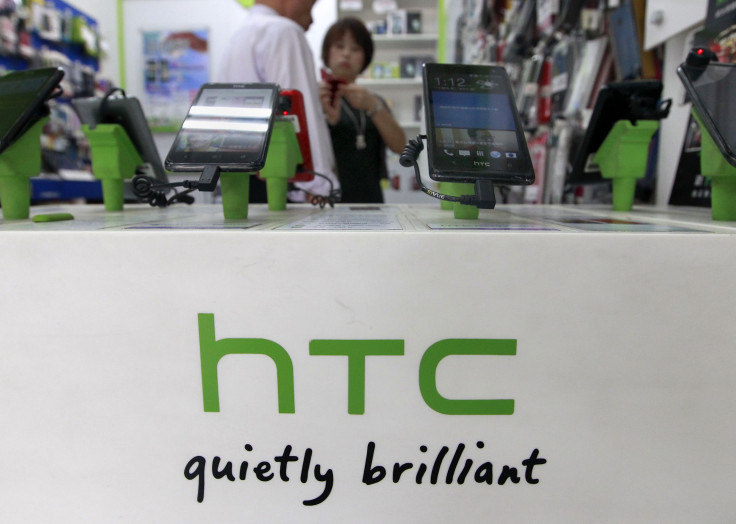HTC (2498) Turns To Chinese Smartphone Market After Posting First Ever Net Loss Since Going Public

HTC Corp. (TPE:2498) is hoping to win mainland China’s favor, but the Chinese smartphone market may prove too competitive for the Taiwanese electronics manufacturer.
The brand’s smartphones once had a cult following in the United States, but have since been all but competed out of the American market – its share is now just 9.4 percent compared to 20 percent in 2011. For the first time, HTC has chosen to launch its new flagship model in China first, marking the Chinese market as its new focus. The HTC One Max, which comes with a 5.9-inch screen and a fingerprint sensor, will make its debut in Beijing on Tuesday, three days ahead of its U.S. launch, the Wall Street Journal reported Monday.
“Every supplier now has to prioritize the biggest market in the world,” said HTC’s China head, Jack Tong, when asked about the launch schedule. “It’s a big opportunity.”
China does have hundreds of millions of first-time smartphone users who will be replacing their old feature phones, but the world’s second-largest economy also has a lot of foreign and domestic brands with which HTC has to compete.
The Taiwanese company’s market share in China is about 1.7 percent, tiny compared to Samsung Electronics Co. Ltd. (KRX:005935), Apple Inc. (Nasdaq:AAPL), Lenovo Group Limited (HKG:0992), Huawei Technology Co. Ltd. (SHE:002502) and Xiaomi.
In some sense, HTC has no choice but to bet on mainland China. The world’s leading Android smartphone maker just three years ago, HTC has seen an unfortunate series of portfolio-strategy errors, product delays and marketing mishaps. It posted a third-quarter net loss recently, its first since going public in 2002, the Wall Street Journal reported.
Chairwoman Cher Wang has set a target of 20 percent share of China’s high-end smartphone market, and the company is now designing more smartphones tailored for Chinese consumers. It will also expand the number of retail counters it has in China next year, and improve the performance of existing outlets in major cities.
But in China, a myriad of low-cost domestic brands, the most famous of them Xiaomi, has made it all but impossible for foreign firms to succeed. With the exception of Samsung, the market leader in China, even heavyweights like Apple have failed to grab a significant share.
“The window is also closing in China,” said CK LU, Gartner Technology analyst. “So if HTC is going to try to grow in China, they’d better do it now.”
To avoid directly competing with domestic brands, HTC is staying away from the lower end of the market, and will focus on expansion through its two flagship lines, the global HTC One and the Butterfly, both sold only in Asia. It is also working on a China-specific mobile operating system with the government, but has not yet decided whether to release phones based on the software, the Wall Street Journal reported.
Even so, the fight to gain footing in the Chinese market won’t be easy – in China as in the U.S., HTC’s glory days three years ago are a distant memory.
“HTC was very popular three years ago, and everyone was using it,” said Jim Liu, 26, who was shopping for a new smartphone in Beijing. “None of my friends buy HTC anymore. They use either Samsung or iPhones.”
© Copyright IBTimes 2024. All rights reserved.











